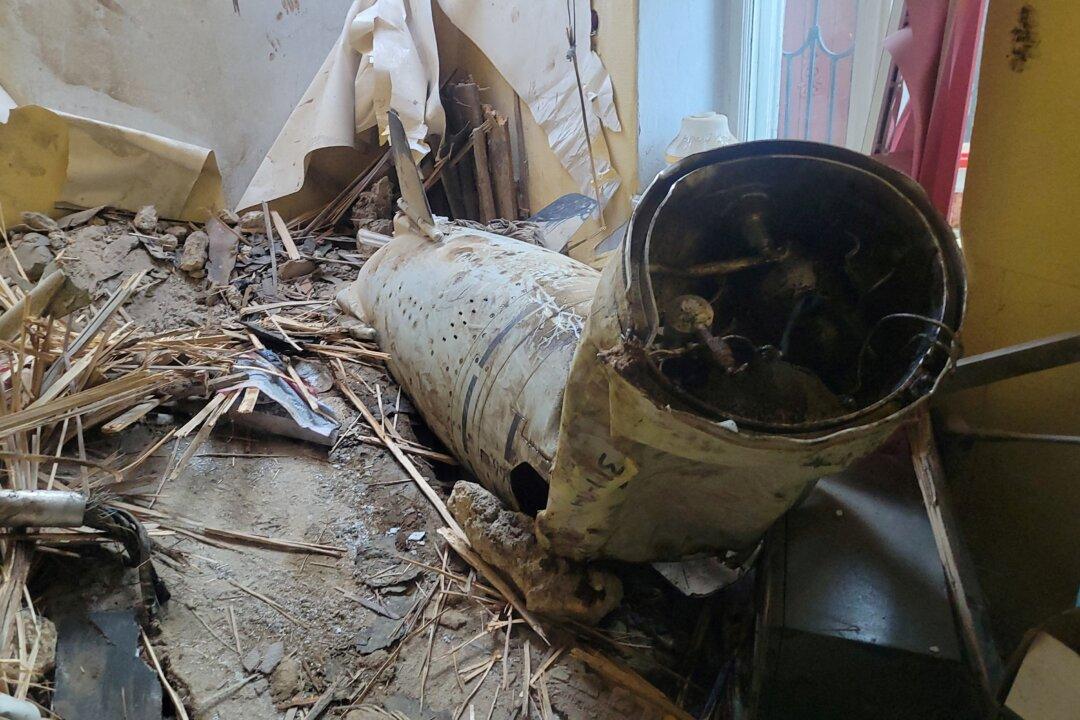Russia has struck multiple targets in two Ukrainian port cities in response to an earlier attack—for which it blames Kyiv—on a bridge that links Crimea to the Russian mainland.
“Last night, the Russian Armed Forces delivered multiple retaliatory strikes by seaborne high-precision weapons against sites where terrorist attacks were being plotted,” the Russian Defense Ministry stated on July 18.





